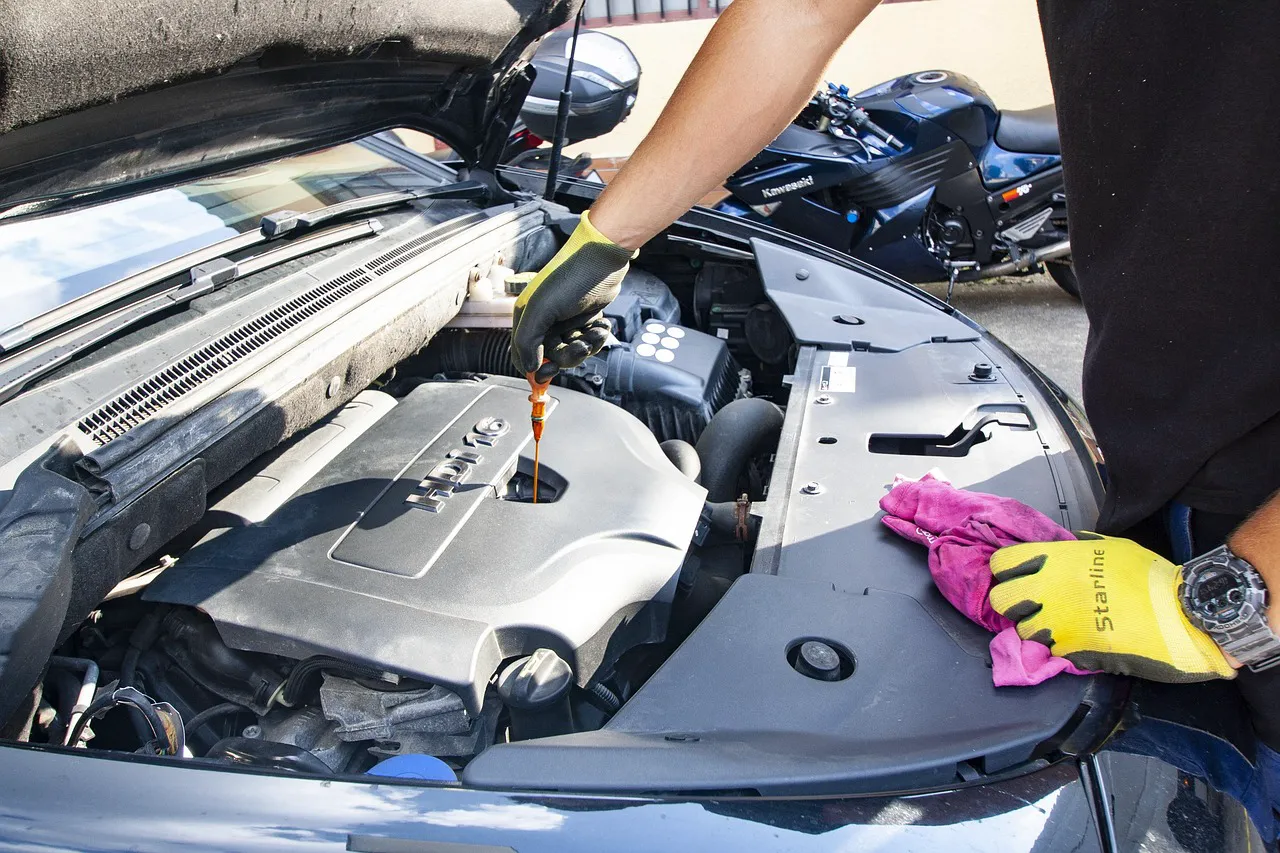
A clean engine bay not only looks great but also makes it easier to spot leaks and perform maintenance. However, improper cleaning can damage sensitive components. Follow this safe, step-by-step method to clean your engine bay effectively.
Pre-Cleaning Preparation
1. Let the Engine Cool
- Never clean a hot engine—wait at least 30 minutes after driving.
- Sudden temperature changes can crack components.
2. Protect Electrical Components
- Cover these areas with plastic bags or waterproof tape:
- Alternator
- Battery terminals
- Fuse box
- Air intake
- Exposed sensors
3. Remove Loose Debris
- Use a soft brush or compressed air to clear leaves, dirt, and grime.
- Avoid high-pressure air near seals or gaskets.
Step-by-Step Cleaning Process
1. Apply a Degreaser
- Use an engine degreaser (avoid harsh chemicals like brake cleaner).
- Spray evenly on greasy areas but avoid direct contact with wiring.
- Let it sit for 3-5 minutes (don’t let it dry).
2. Gently Agitate Tough Grime
- Use a soft-bristle brush or microfiber towel to loosen stubborn dirt.
- Avoid abrasive tools (steel wool, stiff brushes) that can scratch surfaces.
3. Rinse Carefully
- Use a low-pressure hose or spray bottle—never a pressure washer.
- Keep water away from electrical components.
- Angle the hose downward to prevent water pooling.
4. Dry Thoroughly
- Wipe down surfaces with a microfiber towel.
- Use compressed air to blow out water from crevices.
- Let the engine air-dry for 30+ minutes before starting.
5. Dress Plastic & Rubber (Optional)
- Apply a silicone-based protectant to hoses and plastic trim.
- Avoid oily dressings that attract dust.
What NOT to Do
❌ Don’t use a pressure washer (can force water into electronics).
❌ Avoid household cleaners (may damage rubber and paint).
❌ Never spray water directly at sensors or wiring.
❌ Don’t start the engine while wet (risk of short circuits).
Maintenance Tips to Keep Your Engine Bay Clean
✅ Wipe down monthly to prevent buildup.
✅ Fix oil leaks promptly to avoid grime accumulation.
✅ Use a detailing spray for quick touch-ups.
When to Seek Professional Help
If your engine bay has:
- Heavy oil sludge buildup
- Corroded wiring
- Persistent electrical issues after cleaning
A professional detailer or mechanic can deep-clean safely.
Final Thoughts
A clean engine bay improves longevity and makes inspections easier. By following these steps, you can safely remove dirt and grease without risking damage.
Have you cleaned your engine bay before? Share your tips below!






Leave a Reply